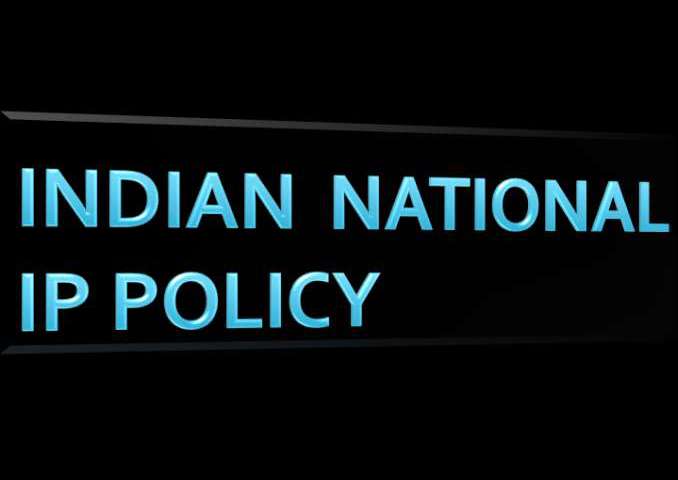First Publication Date: 7th January 2008
Monopoly and related rights have always been frowned upon by the law. The Statute of Monopolies, enacted in England in the year 1623, established that monopolies are not acceptable in law, but made a glorious exception in favour of patentable inventions. Therefore, although the statute prohibited monopolies, it specifically preserved the right of the royalty to grant patents for inventions by manufacturers.
In pursuance of this individual government backed incentive mechanisms that prevailed in different parts…




